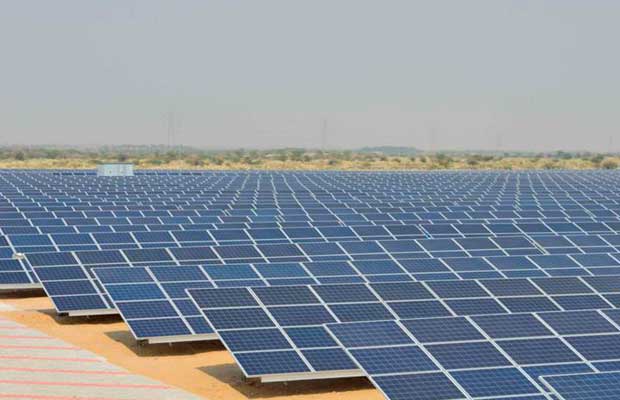The Neyveli-based company will build several 50-100 MW solar plants in the Aruppukottai area of Virudhunagar district, roughly 50 km south of Madurai in Tamil Nadu, according to The Hindu, a Chennai-based daily newspaper.
The installations will likely be commissioned within the next six months, following the completion of land acquisition. NLCIL has asked for 2,500 acres of land in the Aruppukottai area.
Presently, the company is building two 65 MW projects in Neyveli township. It has already signed a 25-year PPA with Tamil Nadu Generation and Distribution Corp. for the two sites.
NLCIL aims to eventually build 3 GW of solar capacity throughout the country. It has said that it favors reverse tenders, as it claims that it saves about 10-15% of project-related expenses for installations it builds under such processes, compared to conventional tendering methods.
pv magazine Webinar
https://www.pv-magazine.com/webinars/durability-matters-maximizing-lifetime-minimizing-lcoe-in-pv-modules/
This content is protected by copyright and may not be reused. If you want to cooperate with us and would like to reuse some of our content, please contact: editors@pv-magazine.com.
This content is protected by copyright and may not be reused. If you want to cooperate with us and would like to reuse some of our content, please contact: editors@pv-magazine.com.








By submitting this form you agree to pv magazine using your data for the purposes of publishing your comment.
Your personal data will only be disclosed or otherwise transmitted to third parties for the purposes of spam filtering or if this is necessary for technical maintenance of the website. Any other transfer to third parties will not take place unless this is justified on the basis of applicable data protection regulations or if pv magazine is legally obliged to do so.
You may revoke this consent at any time with effect for the future, in which case your personal data will be deleted immediately. Otherwise, your data will be deleted if pv magazine has processed your request or the purpose of data storage is fulfilled.
Further information on data privacy can be found in our Data Protection Policy.